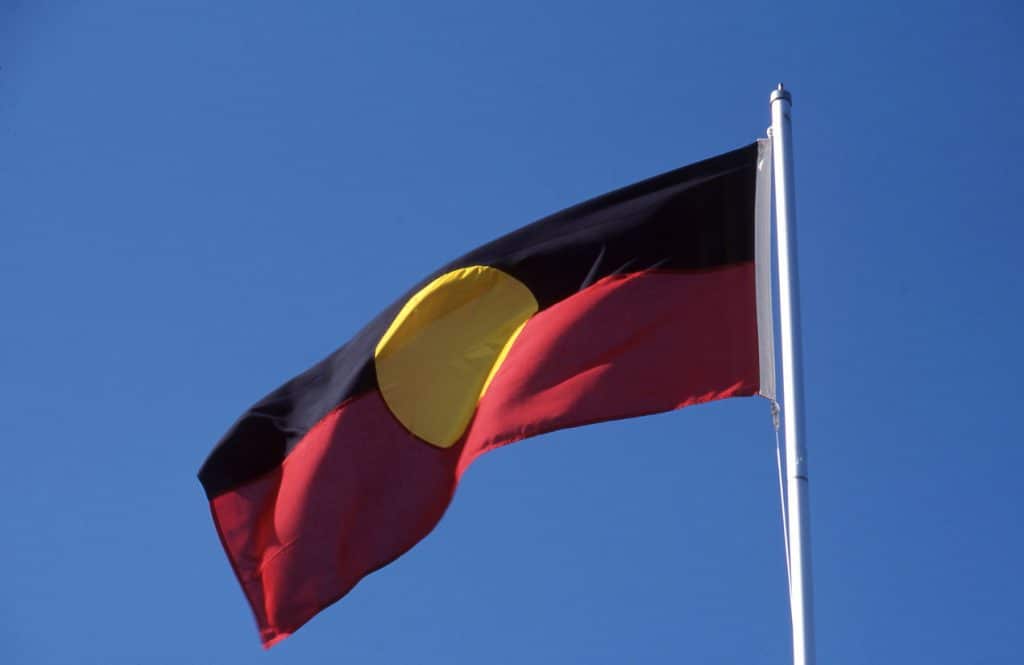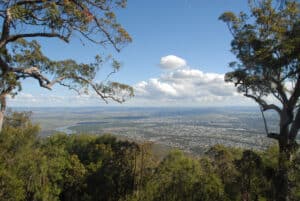
By Glenn Loughrey
20 December 2022
In recent days the discussion about inclusion of a Voice for the First Peoples in the Australian Constitution has captured the imagination of Australia. Polling by those involved suggest some 60 per cent of Australians support the change.
In November I took part in the 2022 McKinney Lectures with the theme “Voice, Treaty, Truth”. I spoke alongside Father Frank Brennan SJ AO who spoke of the complications involved in constitutional change and what a suitable referendum question that might be received positively by the Australian voting public.
In my paper I spoke to the shape and process embedded in the Statement from the Heart, of which the Voice is but the starting point and not a stand-alone project. The Statement From the Heart is an invitation to join in a restorative justice process that will result in the healing of the heart of this country, and not a legalistic response to the question of inclusion.
Read more: Bible being used to subjugate Indigenous Australians: Pattel-Gray
While the Voice, as it is known, is necessary to embed First Peoples’ sovereignty over matters relating to them in the constitution, it is only the first step in the implementation of the Statement from the Heart signed at Uluru in 2017. The Statement is an invitation extended to all of Australia to join First Peoples to heal the heart of our country.
It was an invitation 12 months in the making, a truly democratic process which unpacked for Australia the key elements to be completed if we were to achieve restorative justice for past sins. But that is not all it is. It is a creative healing process that lays the foundations for a future Australia, more mature, robust, and whole than ever before – the type of Australia we wish to live in.
The Statement is a spiritual concept as much as the sovereignty it wishes to re-exist within the founding document of Australia. It is spiritual in the sense that it deals with the peoples’ broken spirit, the people who suffered dispossession and the people who stole it from them. Both have a deep need to resolve the trauma experienced or witnessed and the Statement sets up a process which, if followed faithfully will begin the process for all.
The following is a thumbnail of the process I outline more fully in “Unpacking the Statement From the Heart” published by the Crawford School of Public Policy, ANU, Canberra.
Justice
Justice is the goal of the Statement from the Heart, not reconciliation. This involves the process or pathway towards justice –Makarrata.
Voice
If you are not heard, you do not exist. Voice was the most supported element of the four elements in the consultations for the Statement signed at Uluru. If enshrined in the constitution it recognises a process of joint or shared sovereignty with power.
Treaty
Once recognised, there is an opportunity to agree that as both are here, both are to work together to live respectfully in this place. This is conciliation – a process that has never occurred in Australia. We have leap-frogged Voice and Treaty to go straight to reconciliation.
Truth
Now together there is room to tell the truth – the truth about what happened, why it happened, how it impacted both parties, and why and how it continues today. We reflect on how we got to where we are and is the foundation to resolve what can be resolved, forgive what can be forgiven and a commitment to work together. This is reconciliation, not relationship or nation building but dealing with the hard stuff.
Makarrata
A Yolgnu word for “coming together after a dispute” means someone must do reparation and face the consequences of their actions. It may involve a spear in the thigh. The person will walk differently afterwards, reminding them and others sorry is not enough.
Read more: A daily memorial to the costs of dispossession
If the Statement from the Heart process is followed it will mean that Australia as a country will walk with a limp – it will be a different country.
As a child I would often help my father move sheep from paddock to paddock. He would count them through the gate to make sure we had mustered all. Often, he would ask, “Do you have somewhere else to be?”
“No”, I would reply. “I think you do. You moved them too quick. You made dust.”
This is a salutary warning for those of us who want to resolve this matter in the current parliamentary cycle. If we move too quick, we will make dust, and in doing so we may miss the important stuff and the opportunity to get this right.
We have been here some 65,000 years. You have been here some 250 years. Things take time, and we can wait, but we must make a beginning.
If we start the journey and stay the distance, we will arrive. No dust!
Associate Professor Canon Glenn Loughrey is a Wiradjuri man and vicar of St Oswald’s Glen Iris.
For more faith news, follow The Melbourne Anglican on Facebook, Twitter, or subscribe to our weekly emails.






